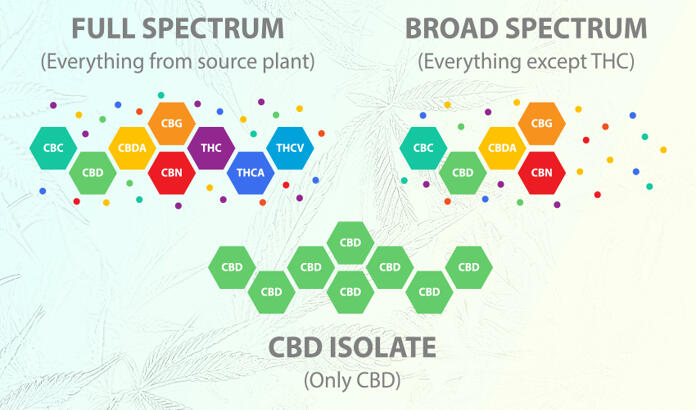How the 2023 Farm Bill Will Impact the Hemp Industry
As conversations heat up around the updated Farm Bill, many are left wondering how this piece of new legislation will impact the hemp industry. Industry professionals agree that changes in regulation and clarification on existing regulations are needed to meet the changes the hemp market has faced in recent years.
But what exactly is on the table for the 2023 Farm Bill?
What is the 2023 Farm Bill?
The 2023 Farm Bill are the regulations that will add to or update the regulations outlined in the 2018 Farm Bill. Every 5 years, a new Farm Bill is passed into law, ensuring more updated regulations are enrolled to match new agricultural demands and research. The 2023 Farm Bill is just the latest in a long series of legislation.
In 2018, President Trump signed that year’s edition of the Farm Bill into law, legalizing hemp on a federal level and establishing the groundwork for a national hemp program. Individual states then built their own hemp programs and state-level regulations using the federal regulations as a guidebook.
For more information about your individual state’s hemp regulations, please contact the state department that oversees the hemp program.

Key Changes for the Hemp Industry
The 2023 Farm Bill is poised to make some key changes to the hemp industry. These changes are designed to keep up with the new innovations and products introduced to the hemp market. At the time of this writing, changes are still being made to the Bill and the 2018 Farm Bill is still considered industry law.
However, looking at these potential changes for the hemp industry is recommended. Some of the key changes include:
Raising the THC Potency Threshold
One of the largest struggles hemp industry professionals faced was the .3% THC by dry weight potency threshold. The low threshold has created barriers and unnecessary obstacles for many farmers.
According to the US Hemp Roundtable, “While the current legal benchmark for hemp – 0.3% delta-9 THC on a dry weight basis – has posed challenges, minor adjustments to statute can reduce risk for farmers, provide certainty to processors and protect consumers.”
They, and other leaders within the hemp industry, have lobbied to have the .3% THC threshold raised to 1%. This would allow for less destruction of hemp crops that have been subjected to stressors outside of the farmers’ control.
Update Testing Regulations
Industry professionals have pushed for updated testing regulations to be included in the 2023 Farm Bill. In an August article published by Forbes, it was reported that another provision would be to adjust testing regulations. Forbes’ article reports the current DEA lab testing requirement for hemp is too long and complicated to implement.
At the time of this writing, this requirement is delayed. According to the USDA website, “Due to inadequate DEA-registered laboratory testing capacity, USDA is delaying enforcement of the requirement for hemp testing to be done by a DEA-registered laboratory until December 31, 2023.”
Update Banking Regulations
As the hemp industry has expanded, the need for updated banking regulations has as well. JD Supra reports that easements on banking limitations for hemp companies are part of congressional negotiations. If passed, this would make it easier for hemp brands to conduct business, secure funding, and other financial necessities.

Clarify Provisions made in the 2018 Farm Bill
The 2023 Farm Bill would also include clarification for previous regulations outlined in the 2018 Farm Bill. These changes could include:
- Official legislation on the FDA’s stance on Delta THC cannabinoids
- Regulations on minor cannabinoids such as CBG and CBN
- Updates on regulations regarding the use of hemp in food products and animal feed
Across the nation, hemp industry professionals and brands have expressed their frustration at the confusion regarding the lack of clarity regarding existing regulations. Many argue that this is one of the largest items that the 2023 Farm Bill should address.






